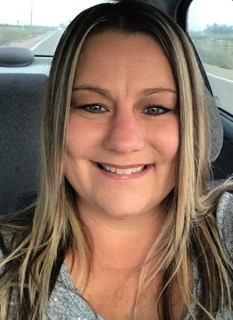
Shelly Kolb
The following reflection was written by Shelly Kolb, who is currently enrolled in the innagural cohort at the Sacramento campus for the RN-TO-BSN program at Samuel Merritt University. She is an ADN nurse, working on completing her Bachelor’s degree in nursing.
This reflection was part of the Nursing Science Course II reflective journal assignment. This particular reflection was the analysis of the course and what was learned.
This quote and photo are used with permission.
During this semester, I learned to be open and vulnerable in all situations I encounter. This experience made me realize that throughout my career and my personal life I had an enormous amount of fear. Nursing Science has opened my eyes to awareness of myself. Therefore, I could open myself up to others. This course has given me the tools to widen the lens that I view the world around me. Being exposed to Jean Watson’s Caritas Processes® during this program has changed my practice as a clinician.
The Caritas Processes have also influenced my personal life. During this course having the exposure to the OSCE simulation in Oakland provided an outstanding opportunity to work in a safe space to simulate my clinical practice, Team STEPPS, collaboration, debriefing about the OSCE process.
One of the most impactful, significant lessons in nursing science was the unitary transformative model. Being able to care for self and others’ entire being. Allowing myself to be vulnerable in each moment and interaction with others. Before this program, my thought process was very one directional. Looking back at my career and personal life I was narrow-minded. However, I did not realize it at the time.
The tools given to me with the nursing science course will stay with me my entire life. This course gave me the confidence to face my fears. I have shared the information I have learned with my coworkers, management, and my family. The transformation within myself has changed the environment around me. The new ways of learning, for example, the mind map analysis allowed me to learn important clinical information that my practice was lacking in a creative way. Once I faced my fears of learning in a new fashion and embraced the process, I really enjoyed the process.
OSCE = objective structure clinical encounter = a simulation of a patient encounter with standardized patients [actors] Team STEPPS = a program of communication for teams to reduce errors in team performance
